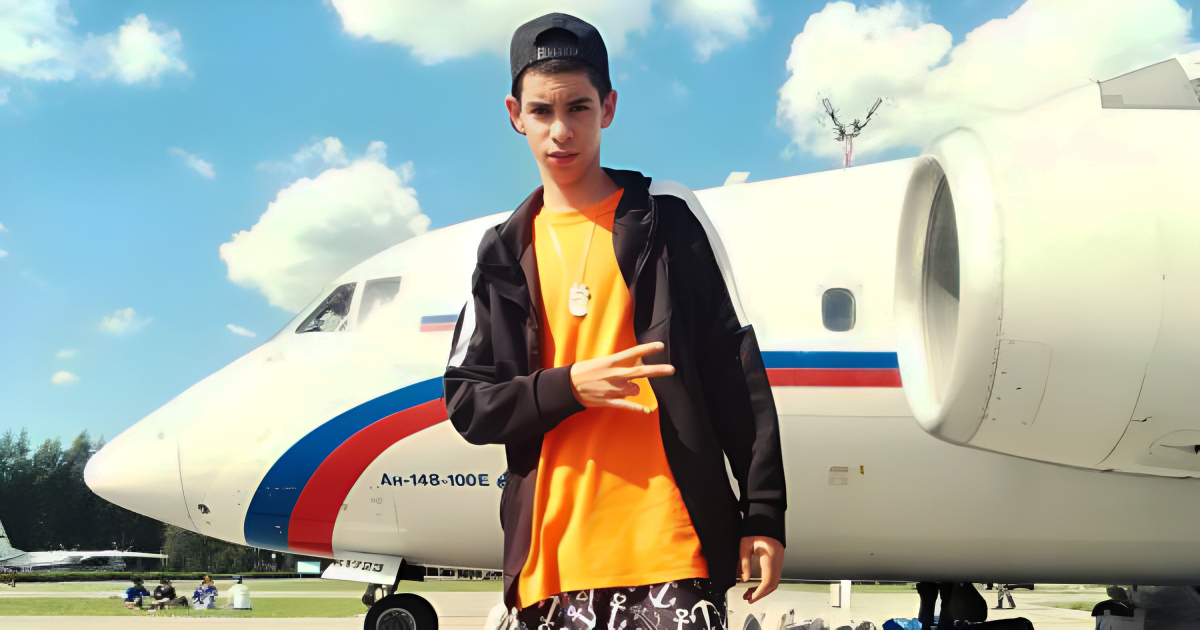Since the onset of Russia's invasion of Ukraine in 2022, Cuba has projected an official stance of "neutrality," though its subtle partiality towards ally Vladimir Putin is evident. Cuban leader Miguel Díaz-Canel has even described the conflict as a "noble war." However, recent revelations from Ukrainian intelligence paint a different picture: over a thousand Cubans have been recruited and dispatched to the frontlines by the Russian military, contradicting Cuba's narrative of institutional innocence.
Strategic Synchronization: The Timeline of Recruitment and Diplomacy
Between June and August 2023, and again from December to February 2024, Cuban recruitment hit unprecedented levels, with over 800 contracts signed. This surge coincided with significant diplomatic and economic engagements between Cuba and Russia. In May 2023, Díaz-Canel visited Moscow, declaring the relationship "strategic," and agreements were inked in sectors such as energy, logistics, and defense.
These developments are part of a broader pattern that began in early 2022, before Russia's Ukraine invasion. Discussions of potential Russian military deployments in Cuba and "strategic cooperation" were already underway. By December 2022, Díaz-Canel and Putin had solidified an alliance, which intensified as Russia faced increased global isolation.
Flights from Varadero to Moscow: More Than Tourist Journeys
In August 2022, Russia and Cuba announced the resumption of direct flights to tourist hubs Varadero and Cayo Coco. Russian airlines, like Nordwind, were permitted to conduct weekly operations, which expanded by December. By August 2023, Rossiya Airlines had tripled its flights to Varadero, coinciding with a peak in recruitment.
Testimonies from several mercenaries reveal that many departed Cuba from Varadero or Cayo Coco, using "tourist" visas allegedly facilitated by organized networks. This aerial infrastructure seemingly served as a logistical channel for discreet transfers to military training bases.
Diplomatic Silences and the Recruitment Network
While hundreds of Cubans signed contracts in Russia, there was a notable silence from Havana. Despite Cuba's tight control over borders and movements, the regime appeared oblivious to the sudden surge of young men seeking passports and boarding flights to Moscow.
In September 2023, Cuban sub-lieutenant Lázaro González, stationed in Ryazan, claimed responsibility for 90 Cubans, stating that "none left illegally." His assertion suggests recruitment was state-sanctioned or at least tolerated.
Further revelations identified Colonel Mónica Milián Gómez as a key figure in the recruitment network, acting as the intermediary between the Cuban and Russian militaries. Cyber activist group "Cyber Resistance" exposed communications linking Russian and Cuban officials to the recruitment efforts.
Despite these findings, Cuba's regime has opted for generic statements over thorough investigations, detaining 17 recruiters without transparency about their identities or legal proceedings.
Unraveling the Pattern: A Coordinated Operation
The evidence reveals a striking regularity: every diplomatic engagement between Havana and Moscow aligns with increased Cuban recruitment for Russia's military. This pattern extends to aviation, with flights between the two countries rising alongside recruitment peaks.
Cuban state machinery, known for strict migration controls, allowed these movements without intervention. No official orders or documents have surfaced, but the facilitation of recruitment suggests systemic involvement.
Cuban Mercenaries: The Hidden Conflict Starting in Varadero
This story transcends foreign relations, touching the lives of young Cubans seeking a future, only to find themselves in Ukrainian trenches. The Cuban regime is not just supporting Russia diplomatically but has become a part of its human resource pipeline. The scandal unfolded not with the appearance of Cuban mercenaries on the battlefield, but within diplomatic offices, on runways, and through unexamined agreements.
What traveled from Havana to Moscow wasn't merely diplomatic support but Cuban citizens, turned into expendable assets for a foreign, imperialist war.
FAQs on Cuban Involvement in Russia's Military Efforts
How many Cubans were recruited by Russia for the Ukraine conflict?
Over a thousand Cubans were recruited to fight in Ukraine as mercenaries for the Russian military, according to Ukrainian intelligence.
What role did air travel play in the recruitment of Cuban mercenaries?
The resumption and increase of direct flights between Cuba and Russia facilitated the discreet transportation of recruited Cubans to military training bases.
Was the Cuban government involved in the recruitment process?
While there is no direct evidence of official Cuban government directives, the recruitment appears to have been sanctioned or tolerated, as indicated by the lack of intervention and facilitation through state mechanisms.
